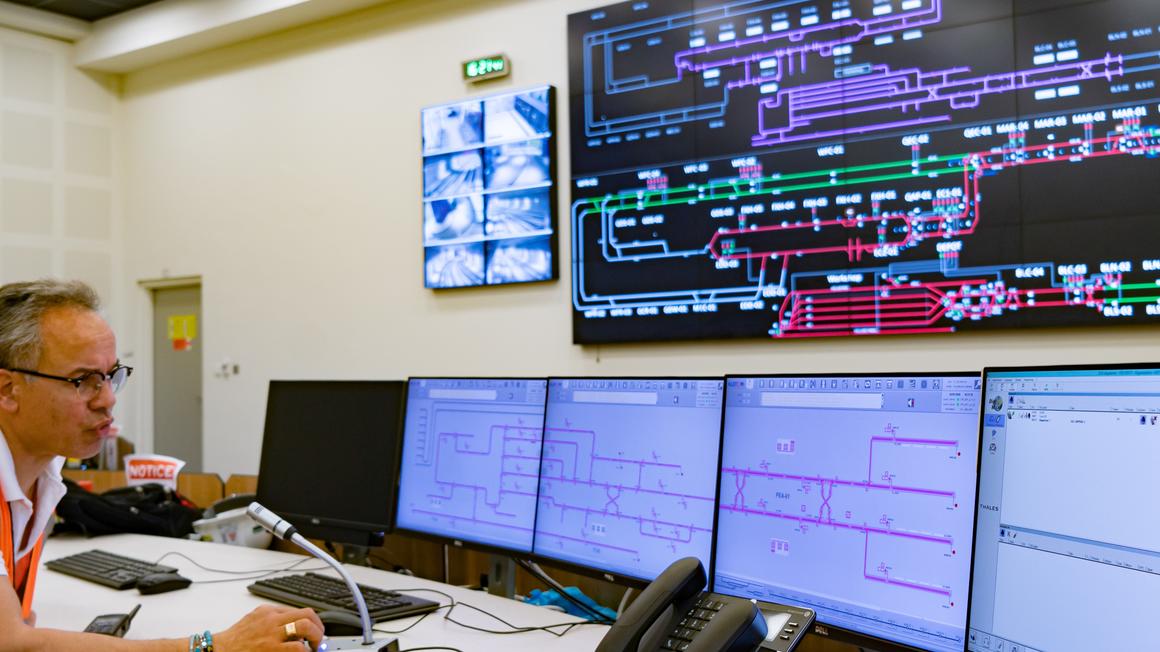 Alstom and PKP Polskie Linie Kolejowe, the rail infrastructure manager of Poland, signed a Central Service Agreement for the post-warranty maintenance of the railway traffic control systems and devices, including the computer systems produced by Alstom. The contract was signed for a period of two years, lasting until the end of 2025.
Alstom and PKP Polskie Linie Kolejowe, the rail infrastructure manager of Poland, signed a Central Service Agreement for the post-warranty maintenance of the railway traffic control systems and devices, including the computer systems produced by Alstom. The contract was signed for a period of two years, lasting until the end of 2025.
This includes Alstom’s the traffic control systems, track vacancy system (SOL) and power supply. Alstom will provide service support for 328 facilities in 17 out of 23 Railway Line plants located throughout Poland. The scope of services includes maintaining a modern reporting system, carrying out periodic inspections and ongoing repairs, spare parts management, reporting and training as well as the support in removing faults and failures.
“The agreement with PKP PLK represents the most extensive and valuable service contract undertaken by the Katowice branch of Alstom. This marks our third consecutive contract of this type, undertaken for the manager of the national railway network. Our common objective is to ensure the ongoing maintenance of railway traffic control systems and speed up the resolution of potential problems. I am confident that the skills and dedication of the entire Alstom team will contribute to enhancing the appeal of railways as a comfortable, safe, reliable, and environmentally friendly mode of transportation,” said Adam Juretko, Managing Director of Katowice branch of Alstom in Poland.
The aim of cooperation between PLK SA and Alstom is to maintain the efficient operation of railway traffic control systems and ensure quick response to possible repairs of devices covered by the contract. The central service agreement is the third agreement signed by PKP Polskie Linie Kolejowe with Alstom regarding the maintenance of computerised railway traffic control devices.
Alstom is one of the largest producers of railway traffic control systems and devices in Europe. It was the first in Poland to implement the European Rail Traffic Management System (ERTMS) level 2 on most of the country’s main railway lines and the control centre for the Warsaw Metro. In addition, the company built 30 centralised railway traffic control (CTC) systems, equipped over 200 stations with computer interdependence systems and modernised over 1,700 crossing signalling systems.
Share on:



